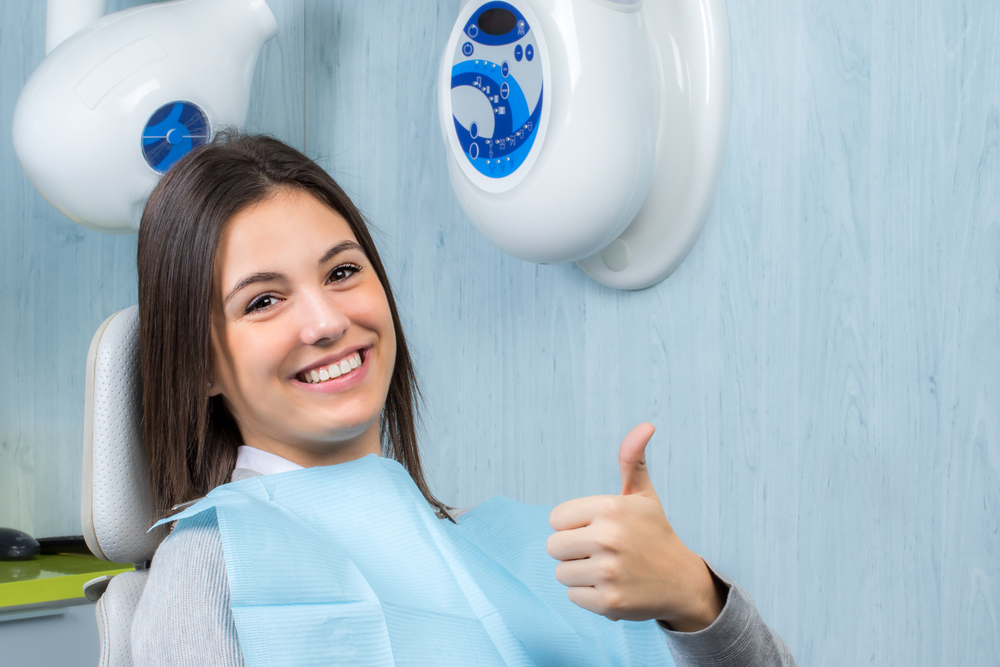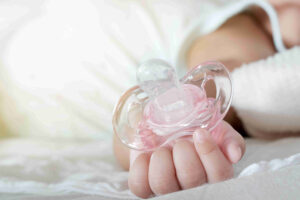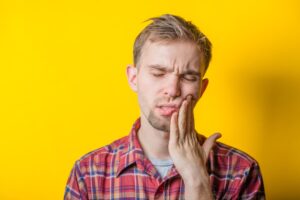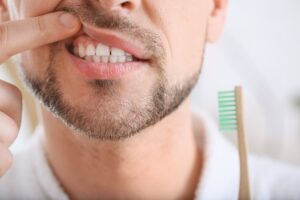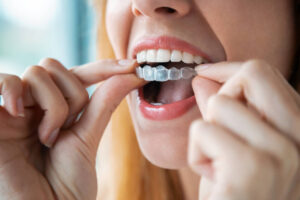Dental anxiety is fear, stress, or anxiety associated with dental procedures. Having a fear of the dentist can lead to skipping or avoiding dental care. Devices like needles, tools, or the dental setting, in general, can cause dental anxiety. When the fear of the dentist is extreme and causes an irrational fear of going to the dentist, it is considered a dental phobia. At Vibrant Square Dental we firmly believe we are your best choice for compassionate and patient dental care.
Signs And Symptoms Of Dental Anxiety
Dental anxiety can present itself in many different ways. Such as sweating, racing heartbeat, low blood pressure, possible fainting, visible distress, crying, signs of panic, withdrawal, or using humor or aggression to mask anxiety. Some will routinely miss or avoid dental appointments. They may find it too difficult to undergo any dental treatment regardless of its level of complexity.
Causes Of Dental Anxiety And Phobia
Dental anxiety can be caused by:
- a traumatic dental experience or other healthcare experience
- previous trauma to the head and neck
- other traumatic experiences, including abuse
- generalized anxiety, depression, or post-traumatic stress disorder
- the view that the mouth is a personal area and accessing the mouth is an invasion of personal space
- fear of loss of control
- trust issues
- anxiety associated with other conditions such as agoraphobia (fear of being in situations where you feel you cannot escape), claustrophobia (fear of closed spaces), or obsessive-compulsive disorder where there is an obsession with cleanliness.
Possible Solutions To Consider
Many methods are available to assist those suffering from dental anxiety or fear. It’s crucial to let the dentist know if you have any level of dental fear. Discussions that are openly held around the individual causes of anxiety can help the dentist collaborate with you to develop a personalized plan of action for managing the condition. Something as simple as a distraction like listening to music or the use of devices or agreeing on a signal to stop during the treatment for a break (such as raising your left pointer finger or hand) can go a long way to help manage anxiety during any procedure. Severe dental anxiety or phobia may require medical management with relative analgesia (happy gas).
Analgesia (aka Happy Gas)
Nitrous oxide is commonly known as happy gas or laughing gas. It can help people relax during dental procedures. A mask is placed over your face, and you inhale a mixture of oxygen and nitrous oxide. It has an effect that occurs in just a few minutes, then it dissipates quickly. You will feel relaxed, but you will still be alert. You can still talk with the dentist, but you won’t necessarily retain everything they say after the appointment is over. For the majority of people, the pleasant sensation created by the sedative effects of nitrous oxide is relaxing.
Modern Procedures Make Dentistry Less Scary
Advances in science have made it possible to have microsurgery in the dental field. Recent technological advancements have made it possible for dentists in many cases to replace noisy drills with modern handpieces that help to reduce the noise level. Today’s portable devices can be used to prepare teeth for fillings, whiten them, or remove stains. Discuss all of your options with your dentist and choose the one that is most effective and doesn’t cause anxiety.
If you are looking for a dental clinic that cares about dental-phobic patients consider Vibrant Square Dental. We can help you with cosmetic treatments, restorative or general dentistry, and emergency dental care. For more information on how we can help you overcome your dental fears call 905-553-3004.

